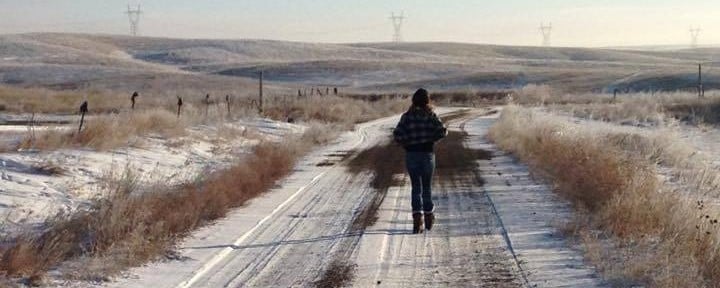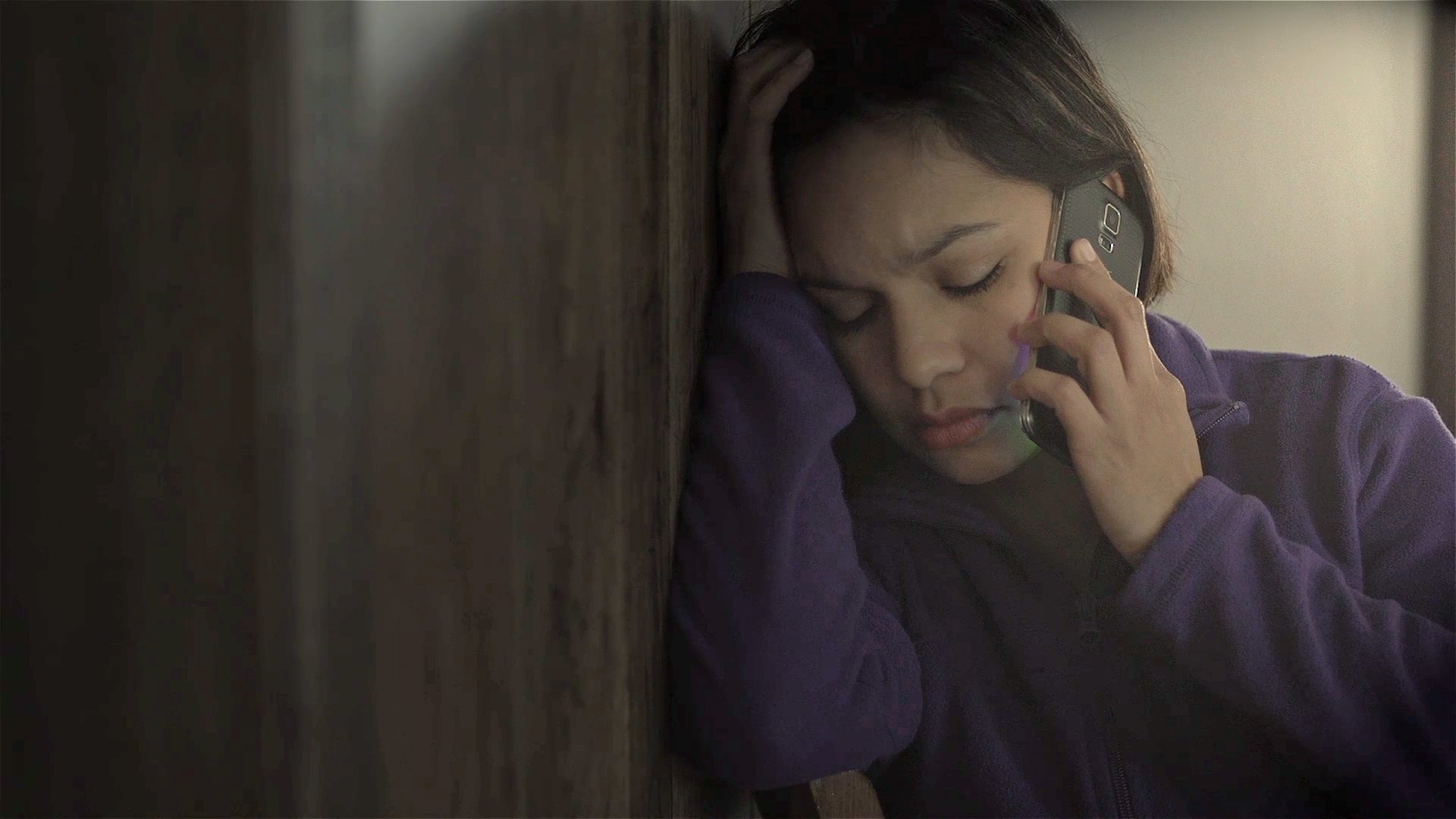Jul 20, 2017 | Native Hope
January is Human Trafficking Awareness Month. While this article was originally written and published in 2016, its message remains as urgent as ever. According to Business Insider, "Since 2007, more than 49,000 cases of human trafficking in the US have been reported to the National Human Trafficking Hotline, which receives an average of 150 calls per day." At Native Hope, we are unwavering in our commitment to raising awareness about the realities of this crime and advocating for its victims.
Human Trafficking: A Hidden Epidemic
Human trafficking thrives in the shadows of society. As one trafficking survivor poignantly shared with Native Hope, "There’s no easy way out."
She sits nervously, flipping her hair—up, down, into a bun, then into a ponytail. “When you don’t feel valued, feeling desired is appealing until you realize that value and desire are not even close to the same thing,” explains the teenager.
She fits the profile: young, vulnerable, and impoverished. She is a victim.
The Issue: Sex Trafficking and South Dakota
Many South Dakotans, like most Americans, feel insulated from or choose to avoid "uncomfortable" topics like trafficking. But these dark realities persist, thriving under the cover of silence and denial.
In the "land of the free and the home of the brave," the FBI estimates that over 100,000 American children and young women are victims of human trafficking within U.S. borders, with 80% of them sexually exploited.
South Dakota’s quiet highways and friendly, small-town demeanor make it an unsuspecting hotspot for trafficking. A 2019 national report ranked South Dakota among the lowest in the nation for policies and prevention measures addressing youth trafficking. The state’s Native American reservations—marked by some of the highest poverty rates in the country—are especially vulnerable.
A Sex Trafficking Survivor's story
She turned to meth to numb the pain of losing a loved one. Desperation led her to depend on people who exploited her vulnerability.
“They [traffickers] make you feel low… they make you do sexual favors… they keep you high [on drugs] just to make you feel low,” she shares. “They make you think your role in the drug run is important—little do you know, you are the drop.”
The “drop” is a chilling reality. Traffickers use victims as currency, a means to an end. She continues, “When you become the drop, you are unaware—you’re high, and you never know where you’re going. All you know is that they need you just to make the drop.”
Her experiences included harassment, threats with guns, rape, and other abuse. Yet she maintains, “I am one of the lucky ones. Some are not that lucky... If only these people knew how they are destroying lives.”
The Trauma of Human Trafficking
The physical and psychological scars haunt her daily. Like many victims, she struggles with depresion and suicidal thoughts. Traffickers aim to break their victims’ spirits, ensuring complete dependence on them.
Trafficking is no longer an ‘uncomfortable topic’—it’s a reality.
Andrew Lepkowski, a BIA officer and enrolled member of the Crow Creek Sioux Tribe, echoes this sentiment: “People are selling their own children. This [trafficking] can happen anywhere—right in front of you, and you may not even recognize it.”
Law enforcement agencies in South Dakota have increased efforts, but the problem continues to grow at an alarming rate.
For any victims reading this blog, “she” wants you to, “Give yourself a chance—you're worth it.”
Recognizing the Signs of Trafficking
Trafficking hides in plain sight. Learning to recognize the signs can save lives. Look for:
- Avoidance of eye contact and a fearful demeanor
- Inability to speak for themselves
- Anxiety, especially around law enforcement
- Lack of knowledge about where they are staying
- Inconsistencies in their story
- Signs of mental or physical abuse
How to Help End Human Trafficking
Native Hope is determined to end the trafficking of Native Americans, but we cannot do it alone. Together, we can raise awareness, recognize the signs, and take action.
- If you see something, say something. Call 911 if you suspect someone is in immediate danger.
- For support, call the SD Statewide Sex Trafficking & Sexual Assault Victim Hotline at 1-888-352-8511 or 211.
- If you or someone you know is a victim of trafficking, contact the National Human Trafficking Hotline at 1-888-373-7888 or visit humantraffickinghotline.org.
A Call to Action
Sex trafficking is just one of many injustices disproportionately affecting Native Americans. By overturning the rocks and exposing these truths, we can help build a future free from exploitation.
Learn more about the issues impacting Native Americans today, and join us in the fight to end human trafficking. Together, we can be a powerful force for change.



COMMENTS